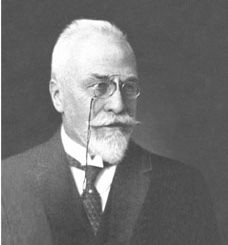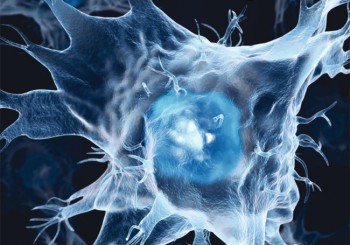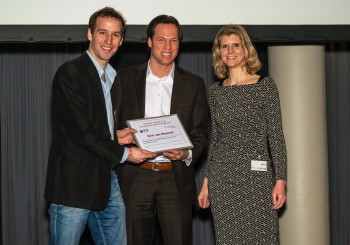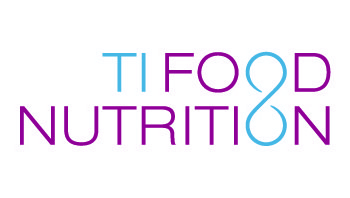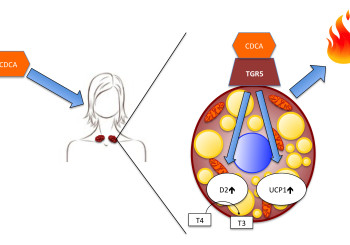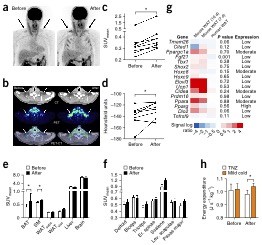
Molecular Metabolism recently published DMRG's latest study entitled "Demonstration of a day-night rhythm in human skeletal muscle oxidative capacity". A disturbed day-night rhythm is associated with metabolic perturbations that can lead to obesity and type 2 diabetes mellitus (T2DM). In skeletal muscle, a reduced oxidative capacity is also associated with the development of T2DM. The results of t...

